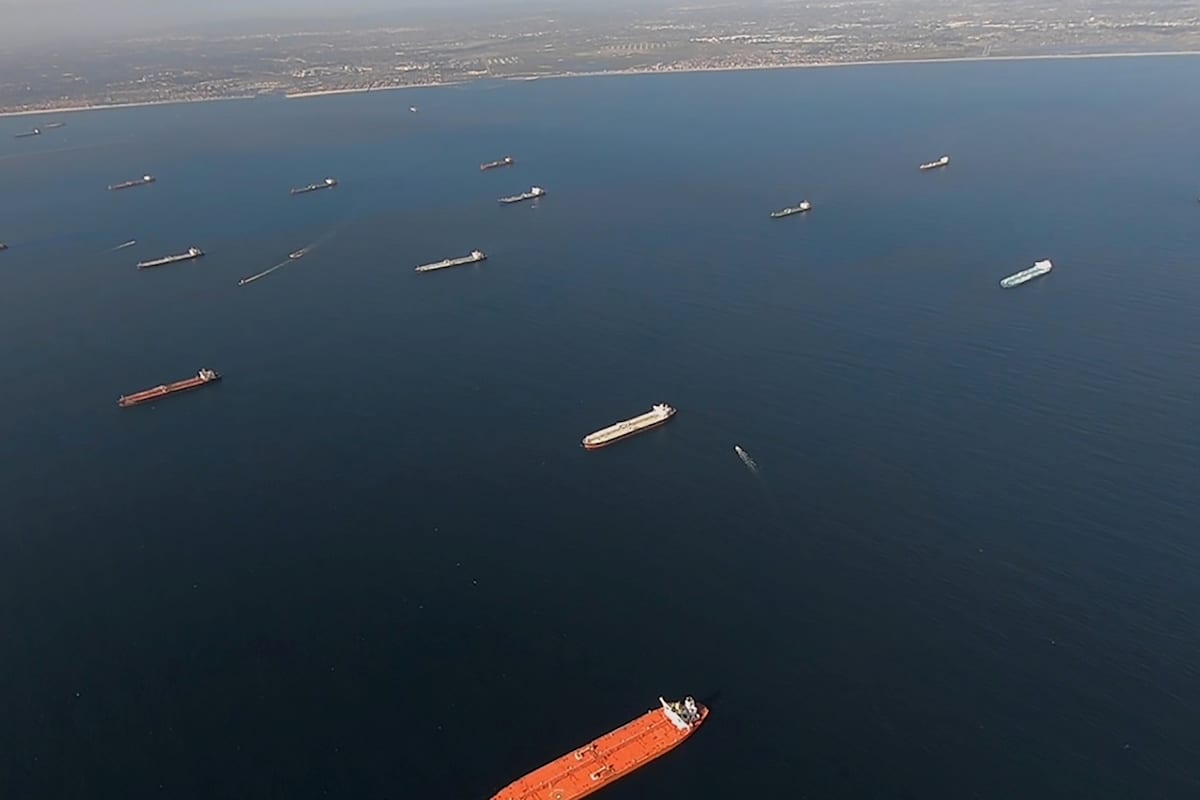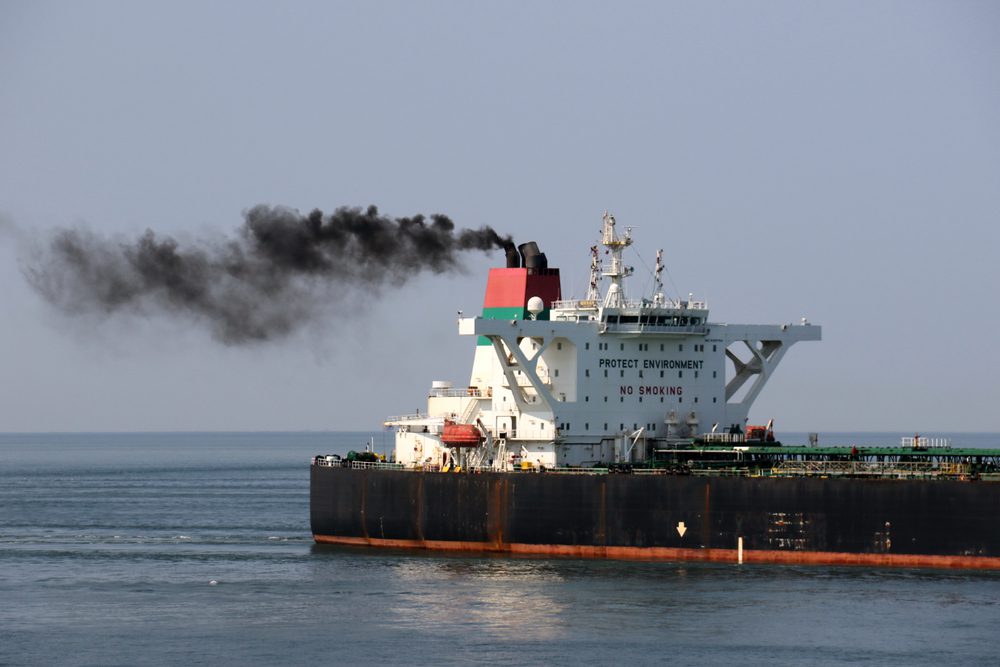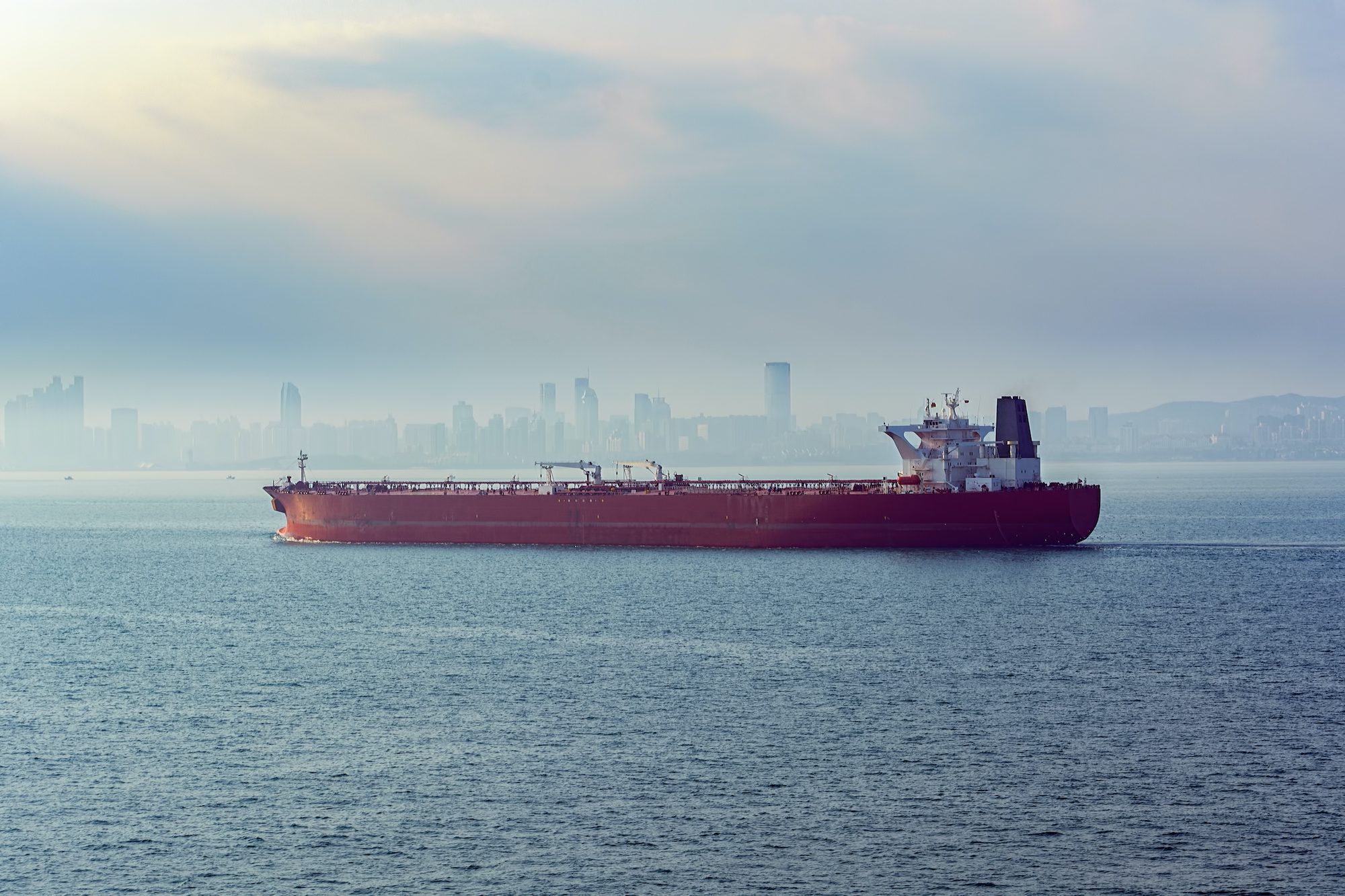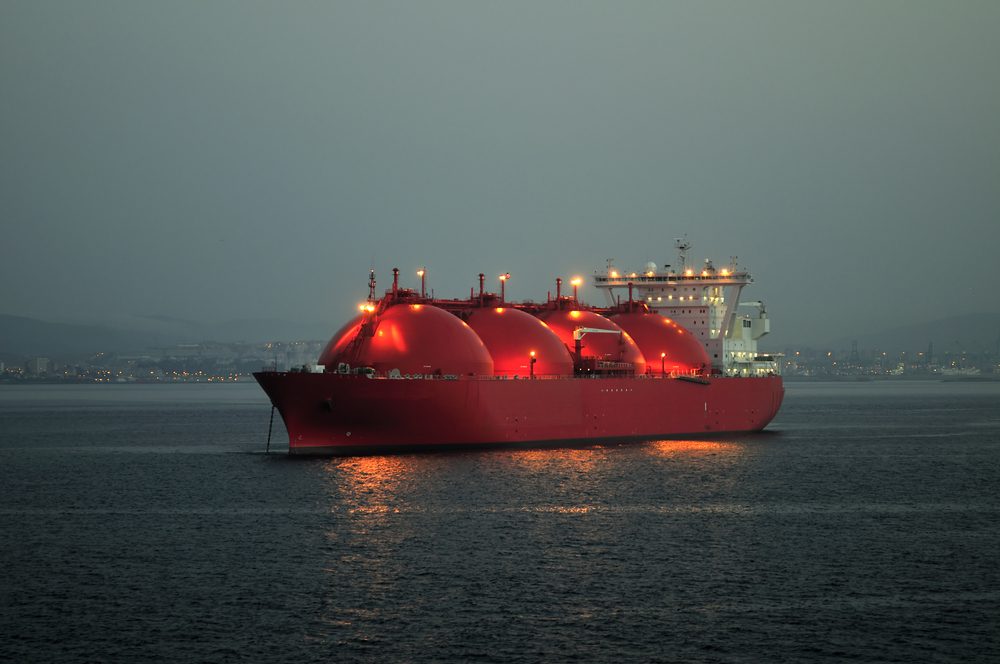Some of the 27 oil tankers anchored off shore during the outbreak of the coronavirus disease (COVID-19) are viewed from a U.S. Coast Guard helicopter near Long Beach, California, U.S., in a still image from video taken April 23, 2020. U.S. Coast Guard Photo via REUTERS
By Sheela Tobben and Javier Blas (Bloomberg) –Some of the world’s biggest oil traders are getting ready for the possible resurgence of a coronavirus-induced glut of crude and fuels, snapping up giant tankers for months-long charters so that they can be ready to store excess barrels if necessary.
The chartering spree is likely to alarm Saudi Arabia, Russia and their allies as it indicates that the oil traders believe the crude market is moving into a surplus after OPEC+ managed to create a deficit earlier this summer with its output cuts.
Trafigura Group, the world’s second-largest independent oil trader, in recent days booked about a dozen supertankers that can hold a total of 24 million barrels of oil, according to people familiar with the matter. All in, about 18 similar charters have been arranged with Royal Dutch Shell Plc, Vitol Group and Lukoil among those also hiring the vessels, according to shipbrokers’ lists of bookings seen by Bloomberg.
While the bookings don’t stipulate that they are for storage — they are so-called time charters at fixed daily rates — they will give the traders extra capacity to store if doing so becomes profitable or necessary. Earlier this year, millions of barrels got kept on tankers, even making it into Donald Trump’s press briefings, because demand collapsed and producer nations didn’t initially cut their output in response.
That led to a profit bonanza for the traders because spot oil prices became so depressed that it rewarded companies to park barrels on ships — one of the market’s most expensive forms of storage — and sell them later. This time around, the same trade has turned profitable on paper, but not to the same extent as earlier this year.
Trafigura booked the 12 supertankers because a collapse in freight rates meant there’s limited downside to the charters, but also with one eye on being able to deploy them on storage if necessary, the people said. Even if it didn’t store, Trafigura could use the vessels to deliver cargoes.
A Trafigura spokeswoman declined to comment.
Rates in the tanker market tumbled recently because producers have been withholding millions of barrels of supply to counteract a collapse in demand that Covid-19 caused, and refineries had been using up their stored barrels. Last month, the Organization of Petroleum Exporting Countries and its allies began to ease up on those output curbs, adding barrels back to the market, but still pumping far below pre-coronavirus times.
Shares of oil tanker companies jumped. Those of Frontline Ltd., advanced 5.9% to 69.10 Norwegian kroner in Oslo on Friday. Euronav NV climbed 5.2% to 8.165 euros in Brussels. The two firms operate large fleets of supertankers. Wider equity markets were mixed in Europe.
The charters could begin as soon as this month and will last for at least 90 days, according to the brokers’ lists. Some of the vessels will be used for refined products such as diesel.
Vessel owners may be reluctant to accept further multi-month charters because there are signs that the tanker market could pick up in the coming months, said Randy Giveans, head of energy maritime shipping equity research at Jefferies LLC.
–With assistance from Alaric Nightingale, Alex Longley, Ann Koh and Serene Cheong.
© 2020 Bloomberg L.P

 Join The Club
Join The Club











